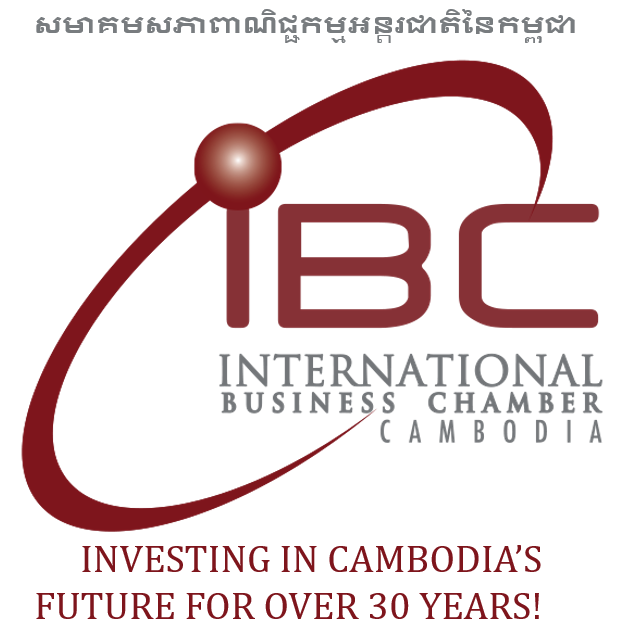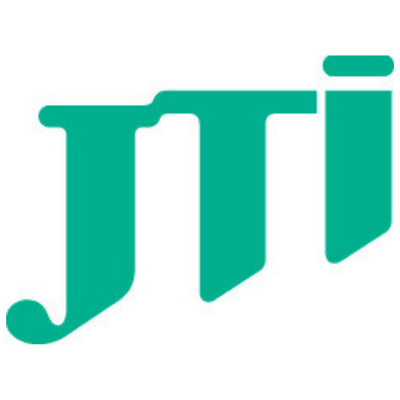Cambodia Investment Review
The International Business Chamber (IBC) of Cambodia hosted its regular general meeting on June 5, 2024, featuring detailed updates on international business law and taxation. Key speakers, including H.E. Mrs. Bun Neary, Deputy Director General of the General Department of Taxation and Ms. Andrea Godfrey, Partner at KPMG Cambodia, provided insights into the evolving landscape of tax regulations and agreements impacting the business community in Cambodia.

Double Taxation Agreements
H.E. Mrs. Bun Neary highlighted Cambodia’s expanding network of Double Taxation Agreements (DTAs). These agreements are crucial for reducing the tax burden on businesses operating across multiple jurisdictions. Cambodia has signed DTAs with 11 countries, including Singapore, Thailand, China, and Turkey, with agreements becoming effective between 2018 and 2024. Negotiations are ongoing with seven additional countries, such as Japan, France, and Morocco. Future plans include negotiating DTAs with Qatar, India, and the United Kingdom.
“DTAs provide clarity and certainty to businesses, facilitating international trade and investment by eliminating double taxation and preventing tax evasion,” said Mrs. Bun Neary. The number of approved DTA cases has grown significantly, from 41 in 2018 to 451 in 2023, indicating increasing utilization and benefits for businesses.
BEPS 2.0 and Global Minimum Tax
Ms. Andrea Godfrey discussed the latest developments in the Base Erosion and Profit Shifting (BEPS) 2.0 initiative and the Global Minimum Tax (GMT). The BEPS 2.0 framework aims to address, two pillars. Pillar 1 focuses on reallocating profits of large (revenue greater than Euro 20bn) multinational enterprises (MNEs) to market jurisdictions, while Pillar 2 introduces a global minimum tax rate of 15% for MNEs with turnover above €750 million.
“Pillar 1 aims to allocate 25% of profits above 10% to market jurisdictions, ensuring a fairer distribution of tax revenues,” explained Ms. Godfrey. “Pillar 2, with its global minimum tax, seeks to curb tax base erosion and profit shifting by setting a floor for tax rates globally. The impact of both has yet to be determined here in Cambodia but will likely have an impact.”
Taxation of the Digital Economy
The meeting also addressed the taxation of the digital economy. The rise of digital services has prompted many countries to implement direct taxes like Digital Services Tax (DST), Withholding Tax (WHT), and Digital Permanent Establishment (PE) rules. Indirect taxes such as VAT and GST on digital transactions are also becoming more prevalent. “Digitalization of the tax administration and the taxation of profits derived from the digital economy are essential steps to ensure that all businesses contribute fairly to the tax base,” noted Ms. Godfrey.
Climate and Incentives
The IBC meeting emphasized the role of tax incentives in promoting green energy and addressing climate change. The US Inflation Reduction Act, launched in 2022, aims to reduce carbon emissions by 30% by 2030 through direct grants, loans, and tax credits. Similarly, the EU Green Deal targets net zero emissions by 2050, with measures such as the Carbon Border Adjustment Mechanism and various green funding programs.
“Cambodia’s Long-Term Strategy for Carbon Neutrality (LTS4CN) aims to increase the share of renewables to 35% of the energy mix by 2050, with significant investments in solar, hydro, and biomass energy,” added Ms. Godfrey. “Green energy projects are now included in the list of activities qualified for Qualified Investment Project (QIP) registration, offering further incentives for sustainable investments.”
Global Trends and Legislative Changes
The IBC meeting also highlighted global trends that Asia should monitor, including the role of the UN in proposing a global tax framework, the impact of technology and AI on tax administration, the increasing focus on transparency and beneficial ownership measures, as well as the recent trend observed on the mobility of the workforce.
Granting of tax incentives has also been observed to be a trend with the region, including Cambodia, with a view of attracting foreign direct investments. However, it is still uncertain how these incentives can sit effectively within the BEPS Pillar 2 framework.
The IBC meeting underscored the importance of staying abreast of international tax developments and leveraging DTAs and other tax agreements to optimize business operations. As Cambodia continues to integrate into the global economy, these measures will play a critical role in enhancing the country’s business environment and attracting foreign investment.









